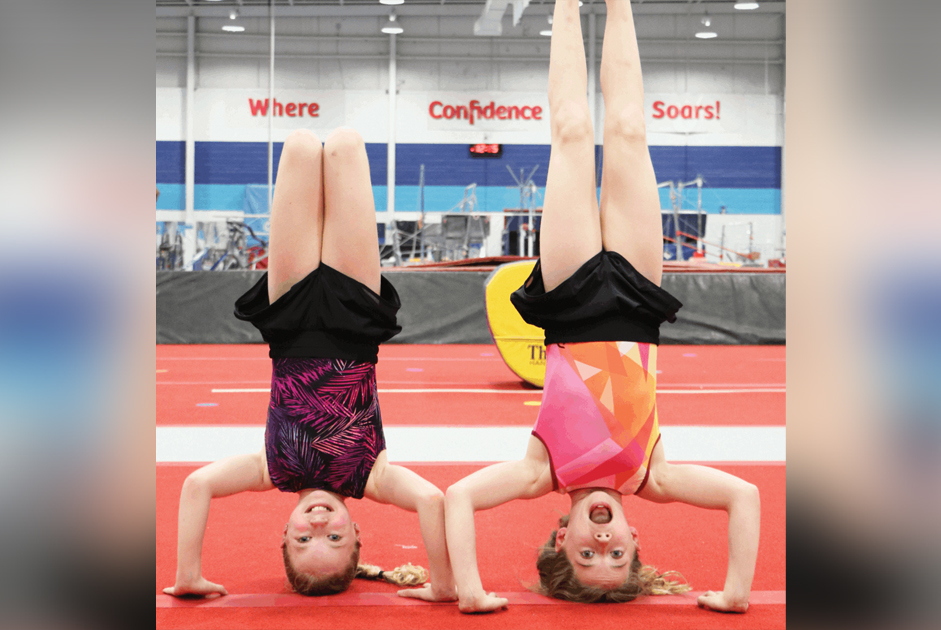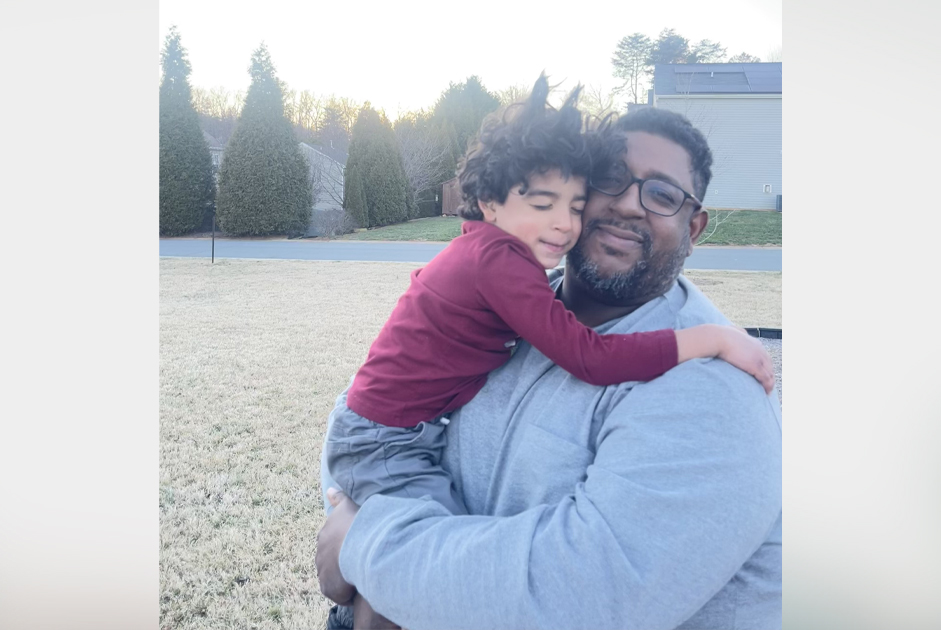The cycle of education is marked by starts and endings. One solitary deep breath after an assignment, essay, or project is completed, and the mind easily transitions to another task. Yet the connection between the assignment and the grade is missing one important link, reflection.
Verbal Reflection:
From the moment a preschooler creates something original, it is presented with loud giggles and smiles, and pointing fingers. Parents may receive the “work” with wide eyes, enthusiastic comments of joy and praise, and the child learns all work is deemed “great”! We can engage our young children in conversation by asking, “Tell me about your picture,” and, “What do you like most about it?” Parents, too, can celebrate aspects of what may be defined as quality work, which may pertain to the lines or use of color. With verbal reflection, parents are beginning to establish a way for children openly to talk about their work, and view it with a critical eye of positives and slight corrections.
A Signature Defines Character
Kindergarteners may learn the expression, “No scribble-scrabble.” This means the teacher is expecting good penmanship. In the era of computers, students are no longer focusing on neat and legible handwriting. The most important factor before words or numbers are written on the paper is the signature. A first and last name immediately connects the individual’s character and work ethic to a product. It defines a student’s ability to display neat and thoughtful handwriting. The presentation is indeed everything, and a signature sets the tone of the assignment!
Open Conversations
At the end of the week, parents are given a unique opportunity to sit down with their child and go through the “Friday folder” containing completed work. There is something powerful about allowing a child to choose a favorite activity and share what was learned, and why it was enjoyed. Parents can also ask their child to take a few assignments and write a reflection on their merits. For young children, this activity can teach them how to reflect on the successes and failures of an assignment. Unless children openly evaluate the process, how can they define quality work or the need to improve?
For middle and high school students, reflection can be a written or verbal process which asks the questions, “How well did I manage my time?” and “What strategies worked for me?” This is the time to consider how time management and organization were factors in achieving success. Many strategies could be used in one assignment, such as learning style (visual, auditory, or kinesthetic) and, more specifically the style of notetaking, using a tool such as a highlighter, note cards, or a dry-erase board, and rewriting and correcting quizzes. When a student understands “how” they learn, the frustration level dissipates, and confidence grows. One of the most important yet challenging questions is, “What can I do differently in the next assignment, especially if it is a long-term project?” Take time to reflect upon this question; the solution may be an important revelation! And, don’t give up, keep trying!
A Feeling of Accomplishment
Confetti does not normally appear from the ceiling and fall each time success is achieved. The viewpoint cannot be success or failure; achievement has a variety of definitions, such as improvement, the willingness to change a plan, to eliminate procrastination from one’s vocabulary. It can mean no longer feeling frustrated when asked to write or knowing how to study for a test. The power to know how to improve is a valuable skill. It takes thought, time, and the willingness to change.
It’s a wonderful feeling to invest your heart and time into a methodical process, see the finished product, and know the task was done well. A teacher only has to look at her student’s face to know the quality of the work. Imagine the feeling of smiling when a project is submitted and seeing her smile in return! The power of a signature, the value of a quality presentation regardless of the packaging or format, and the need to reflect are all extremely important for a student. Good luck!




















